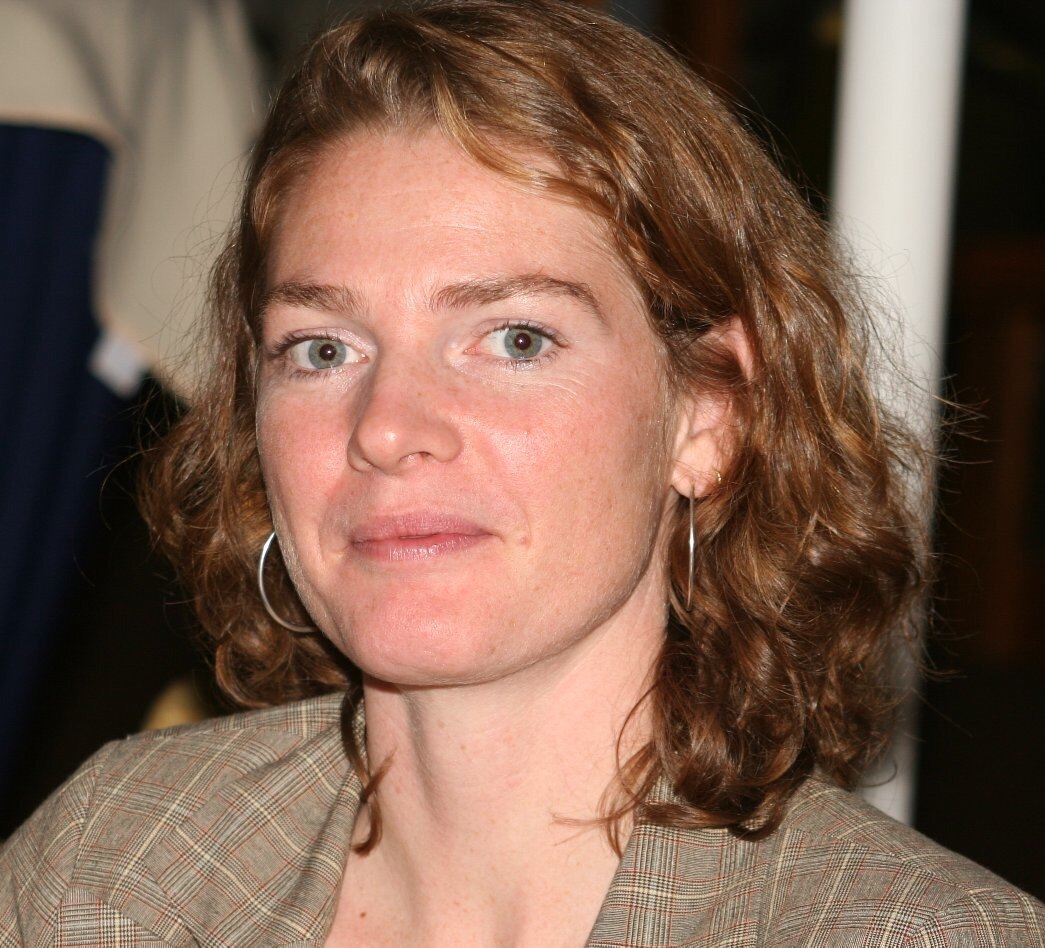Resource Spotlight | “Sinuous Objects: Revaluing Women’s Wealth in the Contemporary Pacific” by Anna-Karina Hermkens & Katherine Lepani
Sinuous Objects
Revaluing Women’s Wealth in the Contemporary Pacific
by Anna-Karina Hermkens & Katherine Lepani
Published by Australian National University Press.
Some 40 years ago, Pacific anthropology was dominated by debates about ‘women’s wealth’. These exchanges were generated by Annette Weiner’s (1976) critical reappraisal of Bronisław Malinowski’s classic work on the Trobriand Islands, and her observations that women’s production of ‘wealth’ (banana leaf bundles and skirts) for elaborate transactions in mortuary rituals occupied a central role in Trobriand matrilineal cosmology and social organisation. This volume brings the debates about women’s wealth back to the fore by critically revisiting and engaging with ideas about gender and materiality, value, relationality and the social life and agency of things. The chapters, interspersed by three poems, evoke the sinuous materiality of the different objects made by women across the Pacific, and the intimate relationship between these objects of value and sensuous, gendered bodies.
In the Epilogue, Professor Margaret Jolly observes how the volume also ‘trace[s] a more abstract sinuosity in the movement of these things through time and place, as they coil through different regimes of value … The eight chapters … trace winding paths across the contemporary Pacific, from the Trobriands in Milne Bay, to Maisin, Wanigela and Korafe in Oro Province, Papua New Guinea, through the islands of Tonga to diasporic Tongan and Cook Islander communities in New Zealand’. This comparative perspective elucidates how women’s wealth is defined, valued and contested in current exchanges, bride-price debates, church settings, development projects and the challenges of living in diaspora. Importantly, this reveals how women themselves preserve the different values and meanings in gift-giving and exchanges, despite processes of commodification that have resulted in the decline or replacement of ‘women’s wealth’.
Anna-Karina Hermkens
Dr. Anna-Karina Hermkens currently works at Macquarie University, Sydney. Her research covers Cultural Anthropology, Art and Anthropology, Historical Anthropology, Museum Studies, Gender Studies and Religious Studies/ Pilgrimage Studies. She has undertaken fieldwork in West Papua (Sentani area), the North Moluccas (Ternate), Papua New Guinea (Port Moresby, Madang, Collingwood Bay and Bougainville) and Solomon Islands (Guadalcanal-Marau area).
Using gender as an analytical tool to unravel issues of identity and power, her work has focused on the colonial collecting in West Papua; changing gender dynamics of barkcloth art among the Maisin people in Collingwood Bay; and the interplay between religious identity, ideology and violence/ conflict in Ternate and Papua New Guinea. Most recently, her work looks at the interplay between faith and eco-conflict (tensions surrounding logging and mining) in the Pacific.
Katherine Lepani
Dr. Katherine Lepani is a long-term resident of Papua New Guinea, where she has extensive community-based and public sector work experience in primary health care, HIV, gender and development, and theatre arts. She has been involved in HIV policy and program work in PNG since the mid-1990s. She coordinated the development of PNG’s first national multi-sectoral strategy for HIV in 1997, and the current National HIV Prevention Strategy 2010-2015. Katherine holds a Bachelor of Arts (Anthropology) degree awarded with Distinction from the University of Hawai‘i (1991), and a Master of Public Health (Tropical Health) degree from the University of Queensland (2001). She completed her PhD in Anthropology at the Australian National University in February 2008. Her thesis explored the interface between biomedical and cultural models of sexuality, risk, and disease and argued for the importance of community engagement in responding to the HIV epidemic.
Her book Islands of Love, Islands of Risk: Culture and HIV in the Trobriands (Vanderbilt University Press, 2012) is the first full-length ethnography that examines global and local discourses on HIV, gender, and sexuality in a Melanesian cultural context. The book received the annual Norman L. and Roselea J. Goldberg Prize for the best project in the area of medicine in 2012. She developed and taught the compulsory course on qualitative methodologies for health research in the Master of Culture, Health, and Medicine and the Master of Public Health programs in the ANU College of Medicine Biology and Environment. Her current research interest in HIV focuses on gender vulnerabilities, perceptions of risk, and the social context of voluntary counseling and testing (VCT) services in Papua New Guinea. She organized the workshop symposium Sexualities, sexual rights, and HIV in Papua New Guinea and the Pacific: A Workshop Symposium with Professor Gilbert Herdt, held at ANU from 11-13 July 2012.
Disclaimer: This is not a sponsored post. Art of the Ancestors does not receive a commission should any of our readers purchase the aforementioned book. Art of the Ancestors is a strictly non-commercial educational platform and has no vested interest in the professional activities of the author listed above.




